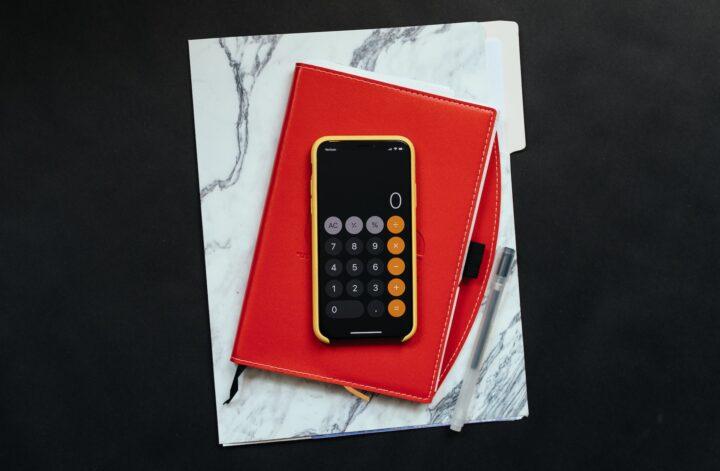Money is a universal necessity. And it really does make the world go round (there’s no use denying it). What’s funny (and indeed frustrating at the same time) is that as taxing as it is to earn money, it’s even harder to keep it. It’s like it has wings and flies away from you without warning. This is why budgeting is such an essential skill – it allows you to stay on top of your pocketbooks and ensure you’re allocating resources most effectively.
Having trouble with budgeting? There’s actually no need to make it more complicated than it has to be. Try out some of these practical strategies for better budgeting:
Identify Your Income
It’s a good first step to recognize how much money you have coming in monthly, as it helps you calculate how much money you can work with when budgeting. List your income sources and their estimated amount from your salary, investments, and side hustles.
Define Your Expenses
You’re keeping watch of the money you’re bringing in, so tracking the money you’re taking out is equally important. Have a breakdown of all your expenses, including rent, utilities, groceries, transportation, and entertainment. Be sure to separate your fixed expenses from variable ones. Fixed expenses are bills that are the same every month, while variable expenses change from month to month.
Set Your Financial Goals
Make them realistic, please. Do you want to save for a down payment on a house, pay off debt, or boost your retirement savings? One way to stay motivated to build a budget and stick to it is to write your goals down, making sure they’re specific, measurable, achievable, relevant, and time-bound (SMART). Look at your current financial state and calculate how much you need to save per month to achieve those objectives.
Create a Spending Plan
Start by subtracting your fixed expenses from your income. What’s left is for variable expenses like groceries, entertainment, and clothing. Set a limit to how much you’re willing to spend for each category and stick to it. Technology has brought about a couple of helpful budgeting apps, like Mint and YNAB, helping make this process easier.
Experiment with Different Budgeting Approaches
What works for someone else may not work for you. Everyone’s financial goals and situations are unique, so experiment with different approaches to figure out what fits you and your lifestyle best.
Envelope System: As the name implies, this method uses envelopes to divide money among necessary expenses. You can even take it a step further by using different colored envelopes for each budget category.
Zero-Sum Budgeting: This is more of a proactive budgeting approach where every dollar of your income must be accounted for. After allocating money for your needs, wants, and savings goals, you’ll have zero leftovers at the end of each month.
The 50/30/20 Rule: Old, but gold. This rule requires you to allocate 50% of your income for your needs, 30% for wants or discretionary spending, and 20% for savings and debt payments.
Automate Where You Can
If you’ve got a steady income, set up automatic transfers for savings and investments so that money goes in without you even thinking about it. You can also set up automatic payments for bills, so you don’t have to worry about missing any due dates or worrying about late payment fees.
Prioritize Your Spending
Remember, budgeting isn’t about depriving yourself. You can set aside a certain amount to splurge on the fun stuff. But! Even with indulging your wants from time to time, it’s still important to know your priorities. For instance, if you love to travel the most, you may want to cut back on your dining-out budget.
Spending mindfully is also a must. When you’re out shopping, take a minute to think before you buy. Dedicating your hard-earned money to items that are truly valuable to you will keep you away from impulse buying and getting further into debt.
Review and Adjust
It can be difficult to foresee how the state of your finances will change. You may receive a pay increase, have a significant life event, or even find new expenses you hadn’t considered. At least once a month, revisit your budget and make the necessary adjustments according to your changing circumstances.
Consult an Expert
No one will throw rocks at you if you still find budgeting a little too overwhelming on your own. Don’t worry because there is no harm in reaching out to a professional. Financial advisors are always open to help you get your finances in check and assist you in creating a budget that’s tailored to your specific needs.
Wrapping Up
Budgeting isn’t a one-time event but rather an ongoing process. While it may not be the easiest of tasks and can drive you up the wall sometimes, the results will always be surely worth your while. Go ahead and start building that budget and sticking to it right away, and be on your way to a secure financial future.
Article by Myrtle Bautista



